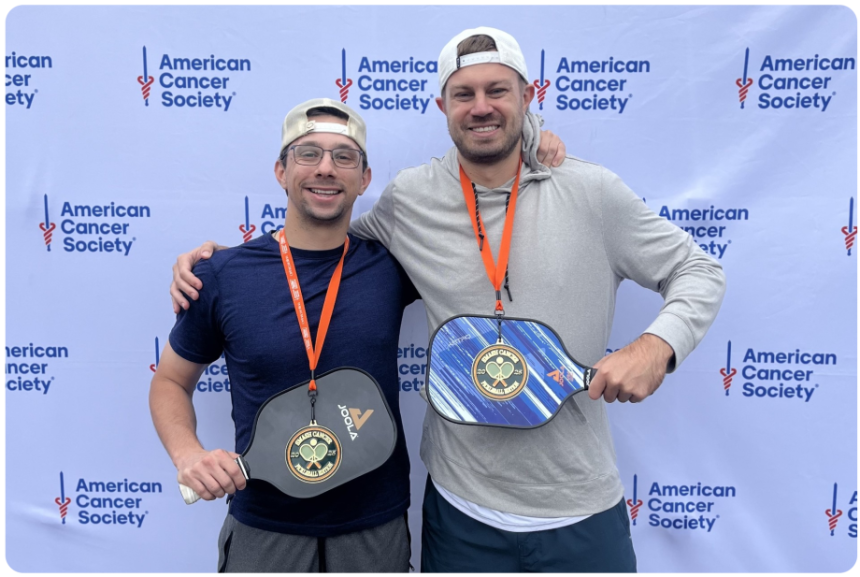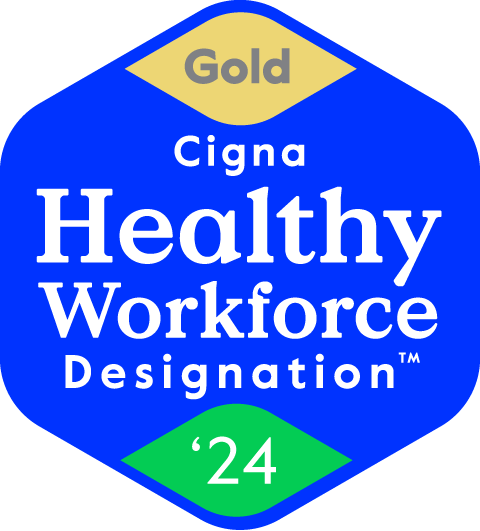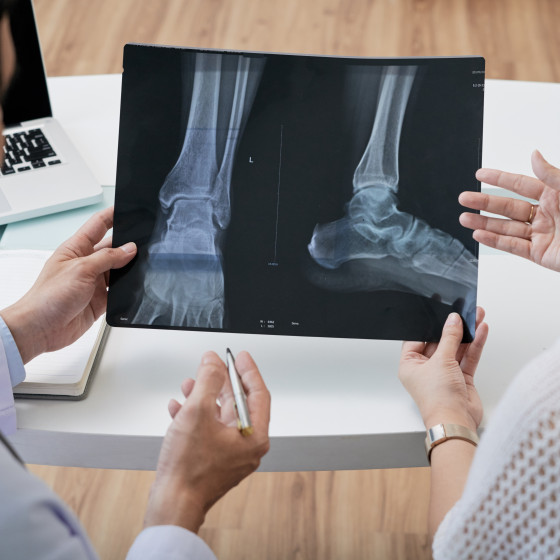OrthoCarolina's Areas of Expertise
Culture & Benefits
Working at OrthoCarolina feels genuinely uplifting. You’re surrounded by a friendly, supportive team and get to be part of meaningful, patient-centered work every day. The benefits, wellness programs, and flexible scheduling help you take care of yourself while you take care of others. And while growth paths can vary by role, the positive atmosphere and the chance to make a real difference in people’s lives make OrthoCarolina a truly great place to build a career.





























